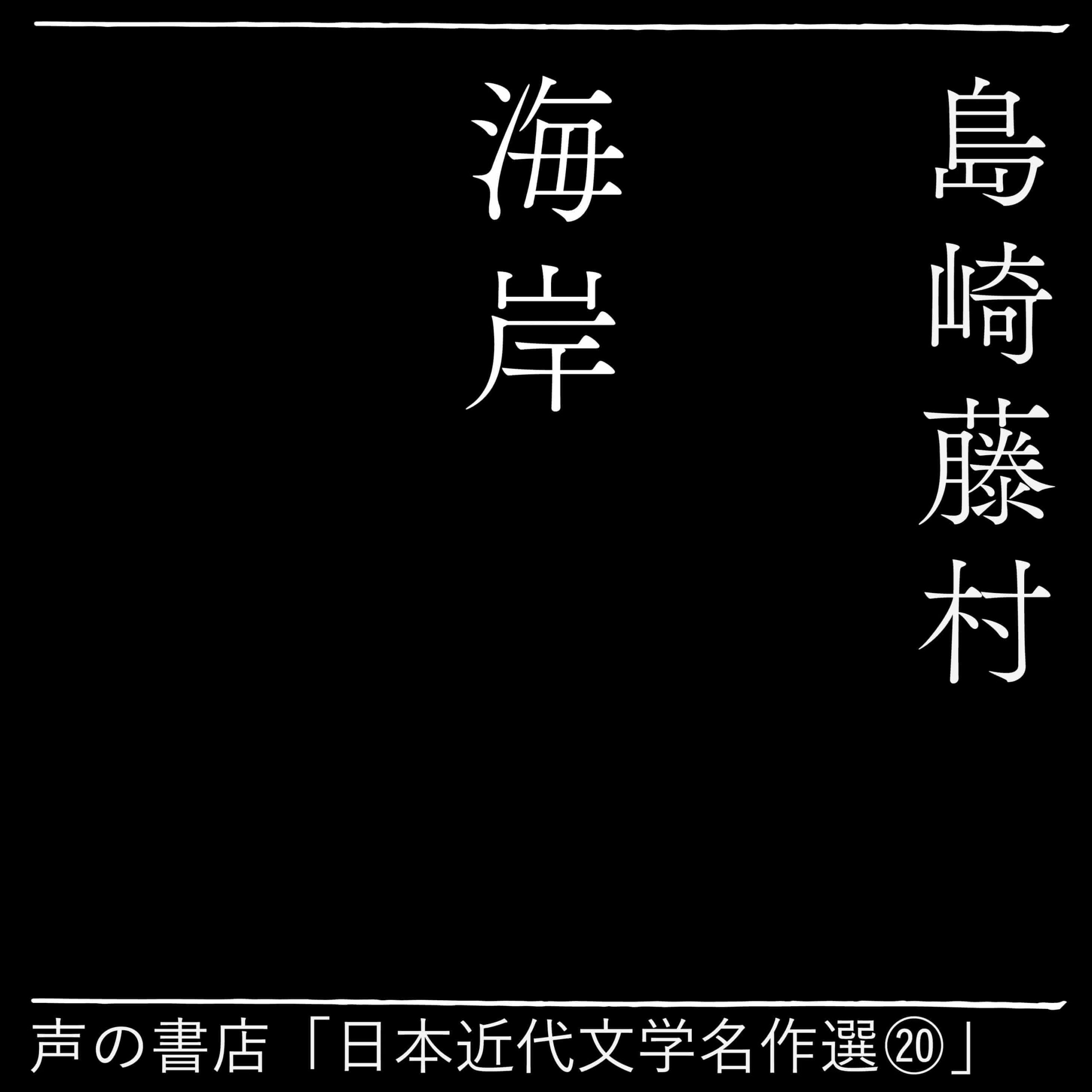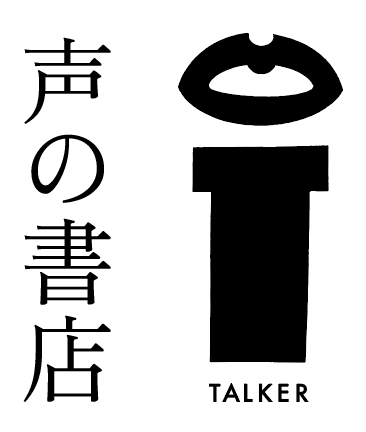
Kaigan(The Shore)
【Masterpieces of Modern Japanese Literature⑳】
By Tōson Shimazaki
Narrated by Nana Nagao
Buy from Retailers
A short story by Tōson Shimazaki
“Thank you for the correction! Here’s the revised version: — The sea of Kazusa, and at last, I arrived at this fishing village on the coast. I was able to quench my long-standing thirst for the sea. The sailing ship, which had departed from Yokohama carrying cargo for Futtsu and other passengers heading to Kazusa, sailed wonderfully. The sails, fully filled with wind, tilted the ship slightly, as if it were gliding over the blue waves. Inside the ship, the rice that the captain had cooked for me was delicious. From the time we arrived in Futtsu until we reached this fishing village, the coastline was also a road I enjoyed. I walked along the narrow sand at the water’s edge, eagerly anticipating meeting Mr. S, who was here for a rest.”
Author : Tōson Shimazaki
Narrator : Nana Nagao
Produced by:Koé no Shoten
Special Thanks:Shigoto, Inc.
Listening Length:00:12:55
Release Date:2024/10/8
*For how to listen, pricing, purchase methods, payment options, and more, please check each distribution site.
ABOUT THE AUTHOR
1872 – 1943
Born in Magome Village, Chikuma Prefecture(now Magome, Nakatsugawa City, Gifu Prefecture). His real name was Haruki. In 1881, he moved to Tokyo and graduated from Meiji Gakuin. After graduation, he contributed translations to the Jogaku Zasshi magazine. While working as a teacher at Meiji Jogakkō(Christian Meiji Women’s School) and Tohoku Gakuin University, he participated in the founding of the literary magazine Bungakkai with figures like Tōkoku Kitamura. He published dramatic poems and essays. In 1897, he made his debut on the literary scene with his first poetry collection Wakana-shū (”Collection of young herbs”). He followed this with the poetry collections Hitoha-bune(”A Small Boat”), Natsukusa(”Summer Grass”)., and Rakubai-shu(”Fallen Japanese Apricots”), establishing himself as a Romantic poet. Gradually shifting to prose, in 1906, he self-published his first long novel Hakai(”The Broken Commandment”). In 1908, he published Haru (“Spring”). He became one of the leading figures of Japan’s naturalist literature. Other works include Ie(”The Family”), Chikuma-gawa Ryojo-no-Uta(”A poem of a Journey along the River Chikuma”), Sakura no mi no juku suru toki(”When the cherries ripen”), Shinsei (”New life”), Arashi (“The tempest”), and Yoake-Mae(Before the Dawn).
